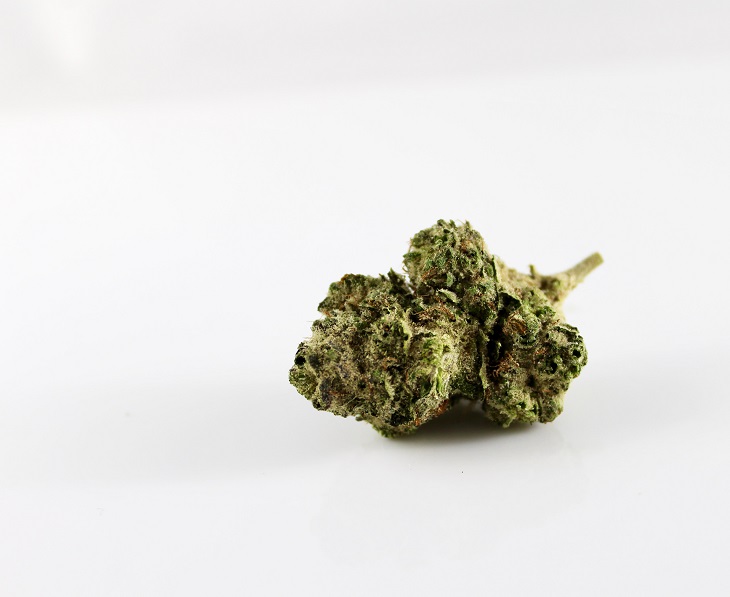In January of 2019, for the first time in 60 years, the World Health Organization changed its position on medical cannabis. The UN was then set to vote in early 2020 to reschedule cannabis to recognize its use as medicine, but due to the COVID-19 pandemic, the vote has been delayed until December of 2020.
Still, this recognition of medical marijuana can have a huge impact on the world. The WHO will make recommendations regarding cannabis scheduling of different preparations in the context of global drug control treaties between nations.
What are these recommendations and what do they mean? Read on to find out!

Image by Christina Winter on Unsplash: The US MMJ market is set to take off if the UN vote on WHO recommendations passes.
WHO Medical Marijuana Recommendations: Altering The Schedule
Currently, the WHO’s Expert Committee on Drug Dependence considers cannabis and its resin to be a Schedule IV drug. This is a restrictive category for drugs since it does not recognize their medical value. Currently, you can find cannabis under both Schedule I and Schedule IV.
The recommendations the WHO is making that will be up for a vote include:
- Removing cannabis resin and flower from Schedule IV of the 1961 drug convention to Schedule I. While that still means it would be strictly controlled, it would make it much easier for governments to allow scientific and medical research on cannabis to find even more therapeutic uses.
- Removing THC (in all forms) from both the 1961 Conventions and the 1971 Conventions so that it may be placed in Schedule I along with cannabis, allowing for more continuity and less confusion.
- Removing tinctures and extracts of cannabis from Schedule I and declassifying them altogether since they have no psychoactive components and are therapeutic.
- Removing CBD products from all drug conventions.
Another boon this would have for the MMJ industry and the consumption of MMJ products is that, if placed on Schedule I (the least restrictive level), high-CBD, low-THC products would not be under international control, effectively putting an end to international legal confusion about CBD products for medical use.
If this vote is adopted and cannabis becomes a Schedule I drug, the WHO’s position on cannabis will be that its medical usefulness outweighs the potential for abuse, allowing it to be used for medical purposes. As it stands now, it is prohibited for medical use as a default international treaty recommendation.
US MMJ Market: The Impact Of The Decision On Federal Marijuana Law
So how would changing how cannabis is handled under international treaties impact the cannabis industry? The truth is, this change would have a dramatic impact on the import and export of marijuana, opening up worldwide opportunities for the cannabis industry. This can, in turn, help local MMJ profits to soar.
It’s important to note, however, that the impact of these changes would be diverse. For some countries who take their national drug list directly from the WHO, it can have an impact on forcing those governments to make their own regulations. For other countries that have drug schedules already dictated by their own laws, these WHO recommendations are a great motivation to help spur political change. In the US, that could mean more states will move forward with medical marijuana laws, and the federal government may even move forward with a federal decriminalization or legalization law.
Governments around the world will be forced to take a position on these proposed changes by the WHO. These choices will have a huge impact on the flexibility of countries one way or the other – they’ll either need to continue to justify their status quo or move with the times.

Image by Lucas Vasques on Unsplash: The UN to vote on WHO medical marijuana laws: This vote will have a huge impact on research on MMJ around the world.
The Future of Cannabis in the United States and Beyond
In the United States, the UN vote may finally help to spur action with rescheduling marijuana on a federal level, not just a state level, which would have a positive impact on the economy and the quality of life for those who have found help through the use of medical marijuana.
While a vote still has not been cast to make these changes, it shows one thing: the way people are thinking about marijuana and its medical uses is changing. Hopefully, this will be a big step for marijuana in the future, as it will allow more research to be done and understanding to grow across borders.
Follow along in December when the final vote is cast. It may just be a vote that has a huge impact on the future of the cannabis industry in the United States and beyond!
Featured image by Louis Hansel on Unsplash
